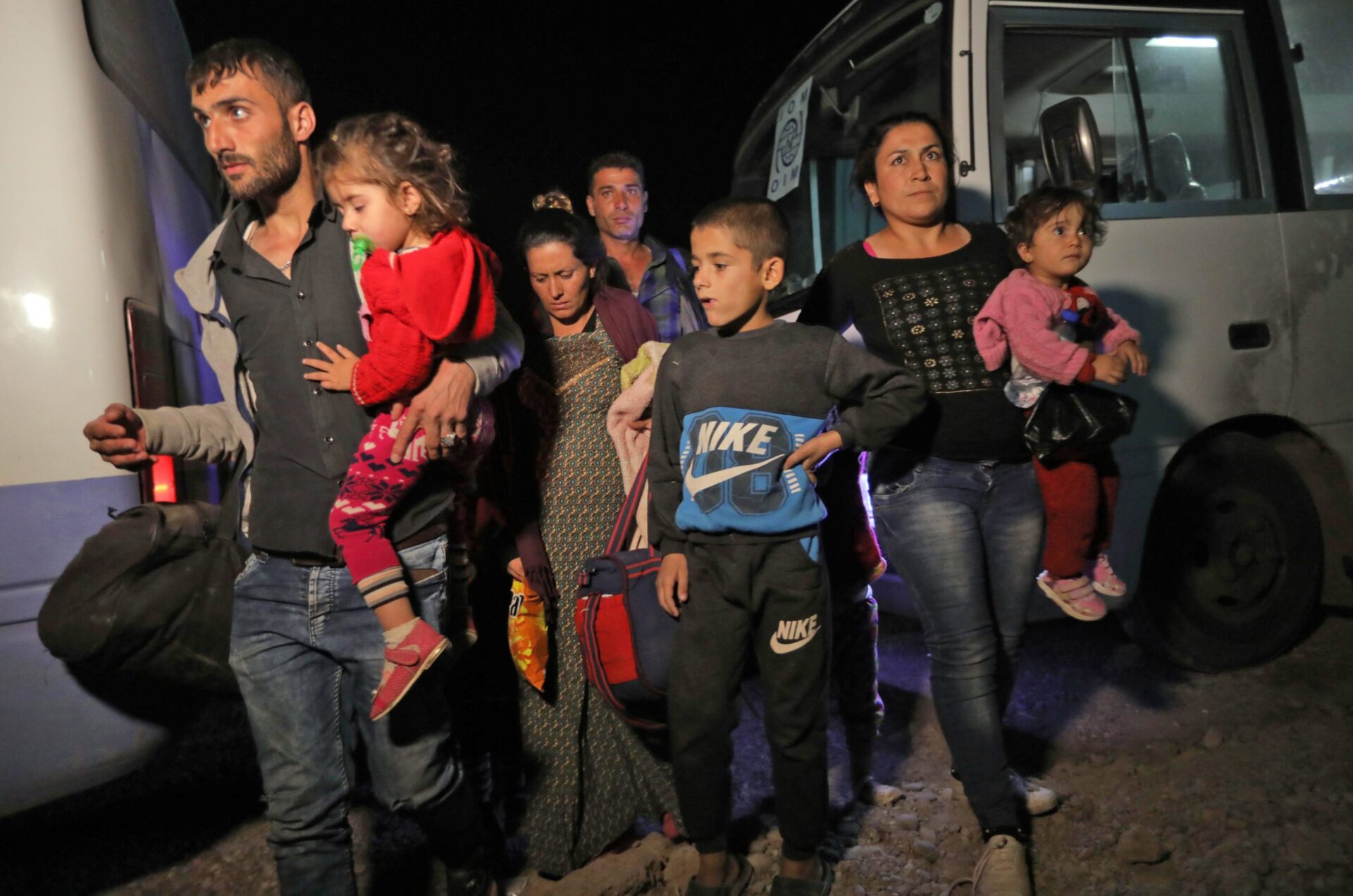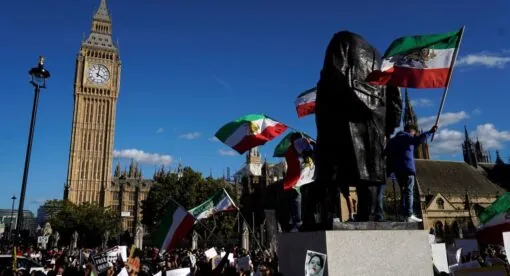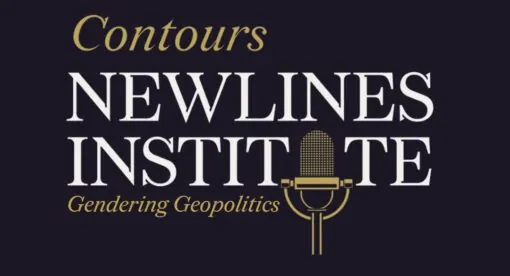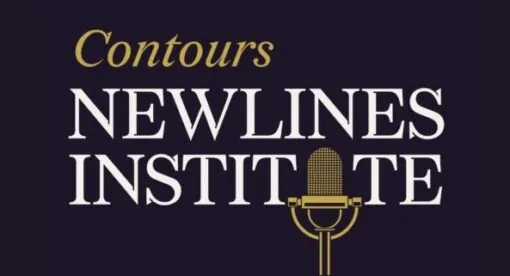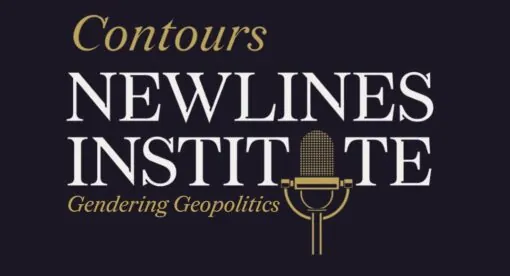Executive Summary
The children of ISIS supporters are first and foremost a vulnerable group in need of urgent assistance due to their location in a volatile and war-torn region. The urgency of the question of how to manage their cases cannot be overstated, given the current instability in the region and the ongoing threat posed by COVID-19. Left undealt with, the challenge these children present runs a serious risk of developing from an easily solved welfare issue into a potential security and counterterrorism issue. It is in European countries’ short- and long-term interests to take action on the children left behind in region once held by the vanquished “caliphate.” Moreover, it is both ethically and legally a certain and necessary course of action. Under international law, children are the responsibility of their home countries, which need to address their future welfare and rehabilitation prospects.
This report offers perspective on the children and their current plight and suggests immediate action to assist them. First, diplomatic and financial resources need to be invested into developing infrastructure for the remaining populations in the camps until a long-term solution has been determined (healthcare, housing, clothing, food, etc). Such small investments should be seen as the first step to prevent the expenditure of greater resources, such as potential military action, expensive repatriations and incarceration, in the future. Second, the creation of a pan-European investigative body to investigate the actions of ISIS supporters would benefit these children. The body would serve to share information about suspects and would work closely with country-based child protection services to determine the best outcome for the children.
Third, the children of ISIS supporters must receive secular education, as per international law, to ensure that they have a viable future. Religious education must be provided by Muslim led welfare groups to reinforce a positive religious identity (to counter propaganda) and a sense that detainees do not need to renounce their religion in order to move forward with their lives (as per ISIS propaganda). Finally, juvenile rehabilitation facilities already operating in northeastern Syria need resources and expertise from donor states and international nongovernmental organizations (NGOs). These facilities offer a way to immediately reduce the risks to European children while efforts toward longer-term solutions, like repatriation, continue. Several NGOs are already carrying out safeguarding and rehabilitation efforts in neighboring countries, including Iraq and Turkey. International support would vastly increase the facilities’ capacities.
The views expressed in this article are those of the author and not an official policy or position of the Newlines Institute.

